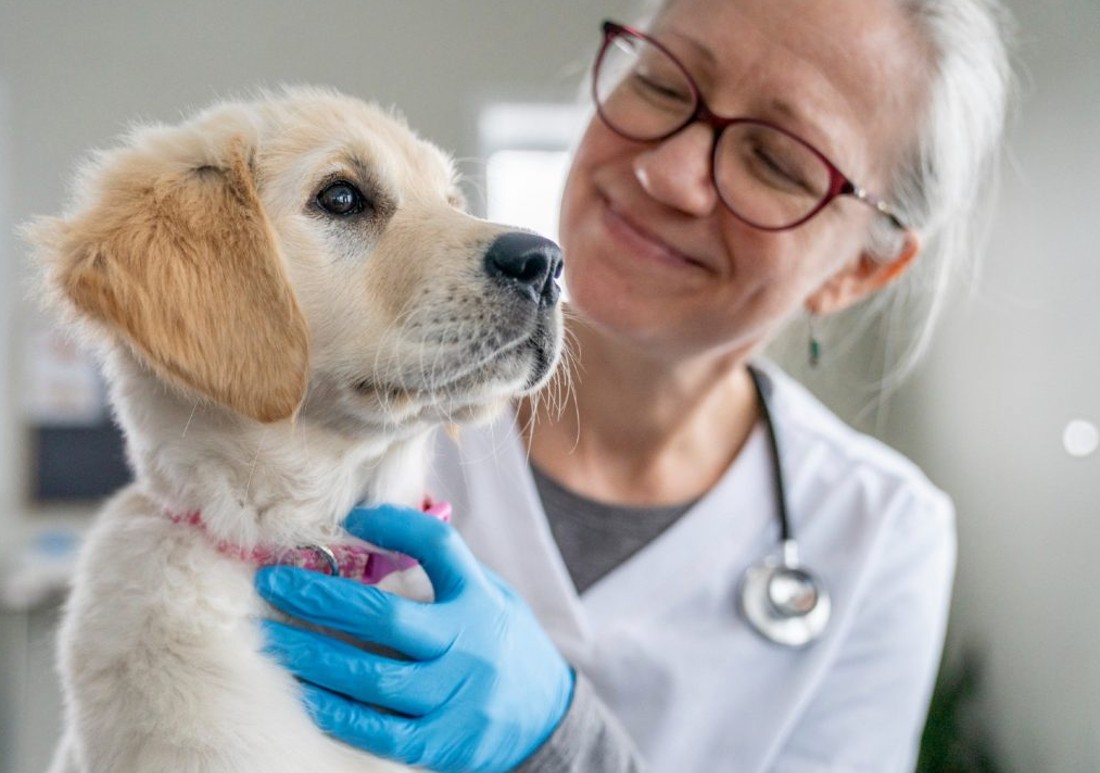Is the Flea Shot for Dogs Safe? Here’s What Vets are Saying

Pet ownership brings immeasurable joy, but it also entails a responsibility to safeguard our furry friends from potential health hazards. One prevalent concern among dog owners is the safety of flea shots. As these tiny pests can wreak havoc on a dog’s well-being, understanding the safety aspects of flea preventatives is paramount.
To unravel the mystery surrounding the safety of flea shots for dogs, we turn to the expert opinions of veterinarians. Armed with extensive pet healthcare knowledge, these professionals offer invaluable insights into the efficacy and safety of various flea prevention methods. Join us in exploring the world of flea control, guided by the wisdom of veterinary experts who play a pivotal role in ensuring our canine companions lead healthy and happy lives.
The Importance of Flea Control
Before we explore the safety of flea shots, it’s crucial to recognize the significance of flea control for dogs. Fleas are not merely a nuisance—they can transmit diseases, cause allergic reactions, and contribute to skin infections. Preventing and managing flea infestations is integral to maintaining the health and happiness of our canine companions.
Expert Opinions on Flea Shots
Veterinarians are at the forefront of pet healthcare, and their insights play a pivotal role in guiding pet owners’ decisions. According to many veterinarians, flea shots or preventatives are generally safe and effective when administered appropriately. These preventatives come in various forms, including topical treatments, oral medications, and flea collars.
Topical Treatments
Topical flea treatments are directly applied to the skin of the dog. Veterinary experts often recommend this type of dog flea medicine, as it provides targeted and long-lasting protection against fleas. However, following the vet’s instructions regarding the application is crucial to ensure safety and effectiveness.
Oral Medications
Oral dog flea medicine has gained popularity for its convenience and efficacy. Veterinarians may prescribe chewable tablets or flavored liquids that dogs find palatable. These medications work systemically, meaning they circulate in the dog’s bloodstream to kill fleas when they bite. Vets emphasize the importance of choosing the right dosage based on the dog’s weight and health status.
Flea Collars
Flea collars are another option for flea prevention. These collars release active ingredients that repel or kill fleas. Veterinary experts advise pet owners to select collars with caution, ensuring that they’re suitable for the dog’s size and breed. It’s crucial to monitor for any signs of irritation or adverse reactions around the neck area.
Potential Side Effects
While flea preventatives are generally safe, like any medication, they may have potential side effects. Veterinary experts emphasize the importance of monitoring dogs for any adverse reactions after administering flea shots. Common side effects may include mild skin irritation at the application site, digestive upset, or lethargy. If any concerning symptoms arise, pet owners should contact their veterinarian promptly.
Individualized Approaches
Veterinarians emphasize the need for an individualized approach to flea prevention. Factors such as a dog’s age, breed, health status, and lifestyle can influence the choice of flea preventative. Puppies, senior dogs, and those with pre-existing health conditions may require specific considerations. Consulting with a veterinarian ensures that the chosen flea prevention method aligns with the dog’s unique needs.
Conclusion
The safety of flea shots for dogs largely depends on the type of preventative used and its proper administration. Veterinary experts overwhelmingly endorse the use of flea preventatives as a crucial aspect of overall pet care. Pet owners should work closely with their veterinarians to determine the most suitable flea control method for their dogs, taking into account individual factors and potential sensitivities. By staying informed and vigilant, we can protect our canine companions from the discomfort and health risks associated with flea infestations.
Your Pet’s Best Interest, Always
At Pet Institute, we take pet care seriously. We're dedicated to transparency, impartiality, and the well-being of your pets in every article, review, and recommendation we provide. Our unwavering commitment to these principles ensures that you, our valued reader, always receive reliable and unbiased information. Let us be your trusted guide in the world of pet care and companionship.